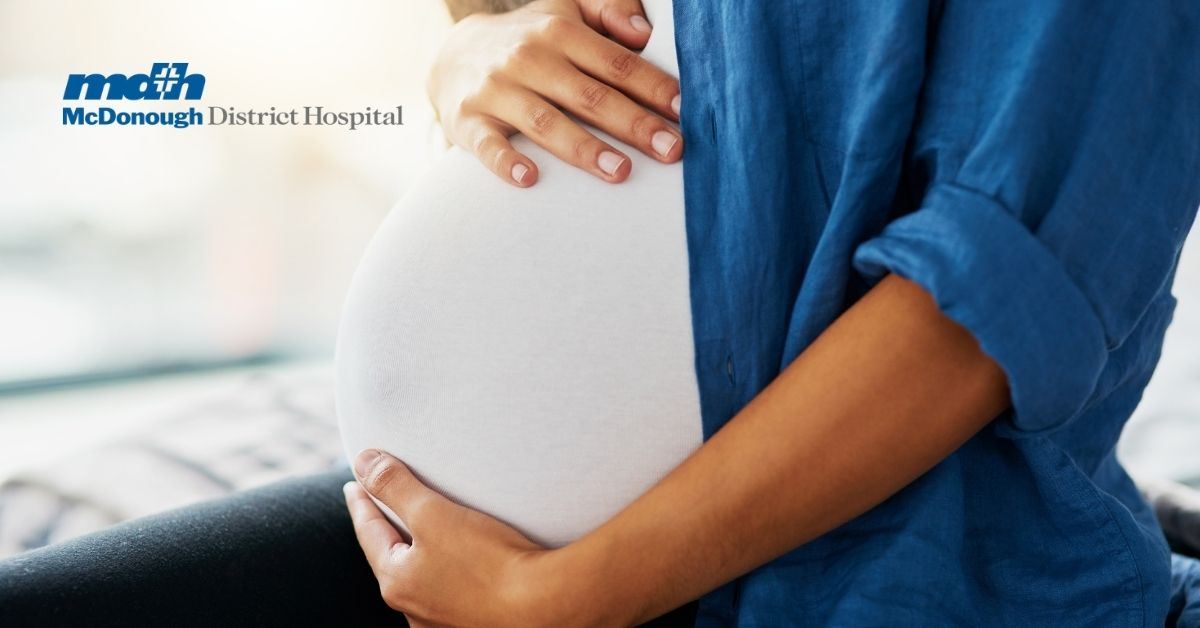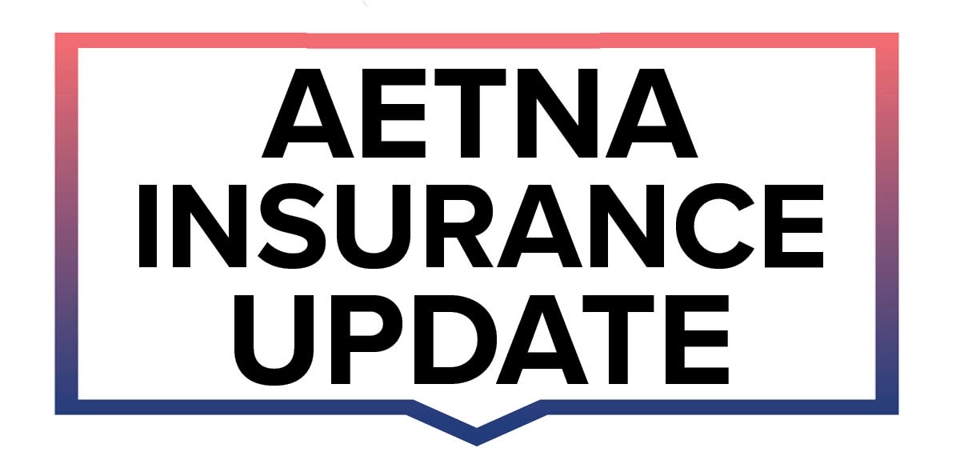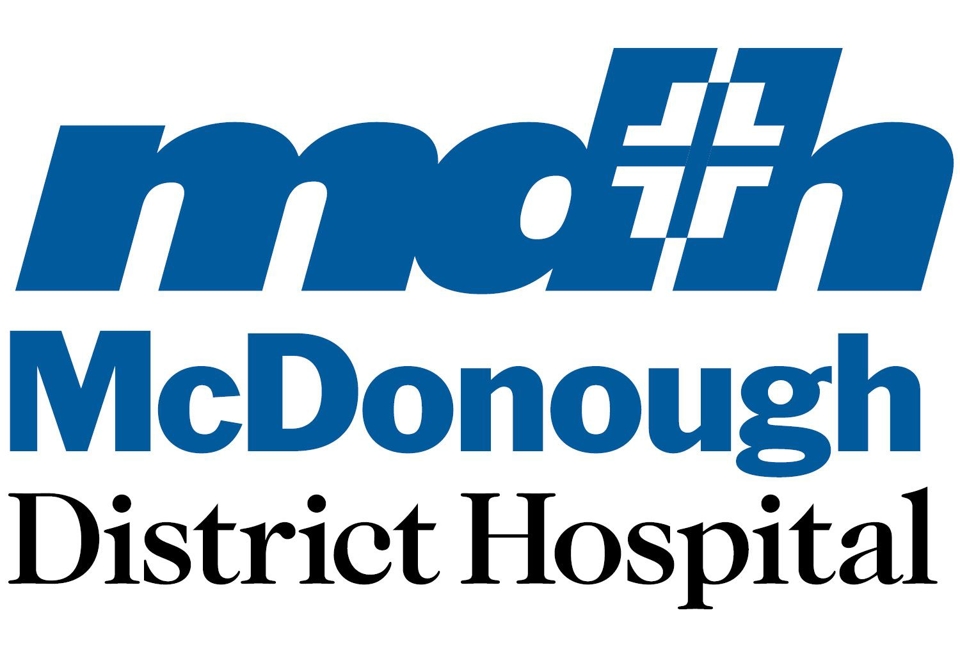Effectively Preparing for Labor & Delivery
When you're expecting a new addition to the family, it's important to take the last few weeks of pregnancy to prepare for your labor and delivery. The health experts at McDonough District Hospital are here to share some tips to help you get ready for the big day ahead.
Common Pregnancy Symptoms
While taking a pregnancy test or having an ultrasound at your OB/GYN’s office are the only ways to actually determine if you’re pregnant, there are plenty of signs and symptoms that can point you in the right direction.
Whether you think you may be pregnant or you already know you are, here are some of the most commonly experienced symptoms of pregnancy — especially in the first few weeks following conception.
Missed or Late Period
One of the most commonly experienced symptoms of pregnancy is a delayed or missed period. More often than not, once you become pregnant, your next period will be missed. However, some women experience bleeding after getting pregnant. Typically this bleeding is shorter and lighter than a normal period.
Morning Sickness
Nausea with or without vomiting is also a commonly reported symptom of pregnancy, typically leading women to take a test or see their primary care provider. Morning sickness usually happens during weeks 2 to 8 following conception.
Increased Body Temperature
During the early stages of pregnancy, your body is going through continuous physical and hormonal changes that can cause your body’s basal temperature to increase. If you feel like you’ve been running a little warmer than usual for at least 2 weeks, it’s possible that you're pregnant.
Nosebleeds
After conception, there is a significant increase in the body’s blood volume to help support the growth of a baby. This then causes the blood vessels to widen in order to maintain healthy circulation throughout the body. When the delicate blood vessels in the nose widen, it can cause a sudden increase in the frequency of nosebleeds.
What to Expect Throughout Each Trimester
First Trimester - Weeks 1-13
The first 13 weeks of pregnancy mark the first trimester. As your body prepares to make room for a growing baby, it can cause a multitude of physical symptoms. Some of the most common symptoms during this stage of pregnancy include:
- Fatigue and tiredness
- Swollen and tender breasts
- Nausea
- Vomiting
- Weight gain
- Constipation and irregular bowel movements
- Cravings for certain foods
- Aversions to certain foods
- Urinating frequently
- Heartburn
- Headaches
Second Trimester - Weeks 14-27
Weeks 14 through 27 are the second trimester of pregnancy. During this period, it’s normal to notice more physical changes as the baby continues to develop. Some changes you may experience during this developmental stage include:
- Back pain
- Aches in the abdomen
- Stretch marks forming on the stomach, breasts, and thighs
- Darkening of the areolas
- Linea nigra starting to form
- Swelling of the ankles and feet
- Your abdomen extending
Third Trimester - Weeks 28-40
The third trimester refers to weeks 28 through 40 of your pregnancy. As you prepare for the arrival of your little one, many women continue experiencing symptoms from their second trimester. However, some additional symptoms include:
- Shortness of breath
- Needing to urinate more frequently
- Lower back pain
- Heartburn
- Hemorrhoids
- Trouble falling asleep or staying asleep
- Your baby “dropping” lower in your abdomen
- Braxton Hicks contraction
Know Your Pain Management Options for Labor & Delivery
As the big day draws nearer, it is important to start thinking about what forms of pain management will be available to you during the labor and delivery process.
Natural Birth
Many women opt for a non-Interventional birthing experience. For women that are 37-40 weeks pregnant with little to no complications with their pregnancy, this is a viable option when it comes to pain management.
Some common natural pain management techniques used with a non-interventional birth include:
- Breathing exercises
- Meditation
- Listening to calming music
- Using a whirlpool bath
- Taking a warm shower
- Having a massage
- Bouncing on birthing ball
Intravenous (IV) & Intramuscular Medications
Early on in the labor process, medications can be injected into the body to provide relief from contractions and labor pains. Typically, these medications are either given intravenously (through an IV) or intramuscularly (through injection).
Epidural
Many women in the United States choose to have an epidural block to manage the pain associated with labor and delivery. With this regional pain management method, medication is administered through a tube that is placed in the lower back that will numb your body from the waist down.
Spinal Block
Like an epidural, a spinal block is another form of regional anesthesia. However, this form of pain management is given through a single shot that is placed into the spine. Typically, this pain management option is reserved for cesarean section births.
General Anesthesia
With general anesthesia, the delivering mother will not be conscious at all during the delivery process. Typically, it is administered through an IV or a mask, and it is reserved for emergencies.
If you have questions or concerns when it comes to labor and delivery, be sure to reach out to your obstetrician or certified nurse-midwife for more information.
Women’s Health Services in Macomb, Illinois
At the McDonough District Hospital Obstetrics and Gynecology Clinic, you can expect compassionate and exceptional care no matter your female reproductive health condition or concern. Our board-certified obstetricians and gynecologists and certified nurse midwife provide women’s health services for women of all ages, from your first period to menopause and beyond.
To learn more about our women’s health services, visit our website or give us a call at (309) 833-4101.





